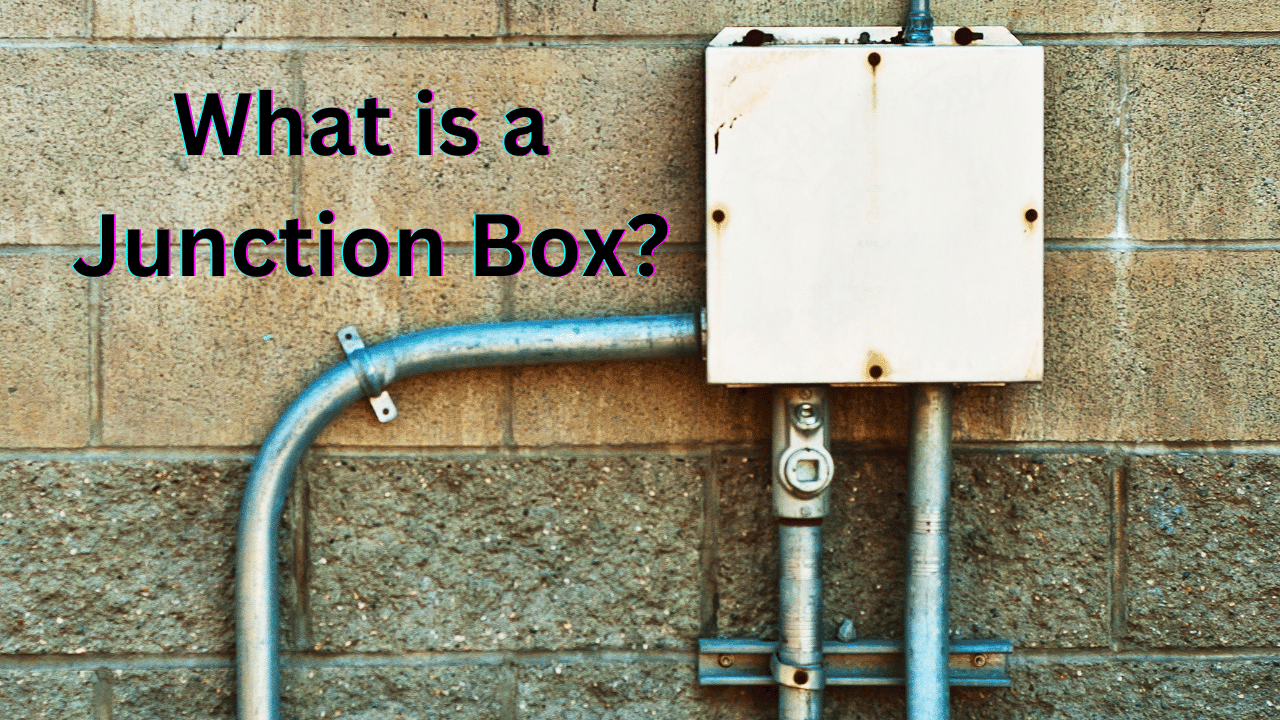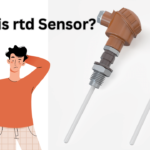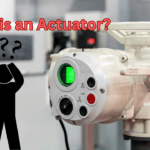Introduction
In the world of electrical engineering and home wiring, the term “junction box” frequently comes up in discussions. But what exactly is a junction box, and why is it such an essential component in electrical systems? In this comprehensive guide, we will demystify the concept of junction boxes, shedding light on their purpose, types, installation, and significance in ensuring electrical safety.
What is a Junction Box?
A junction box is a protective enclosure that houses electrical connections. It serves as a hub for wires, allowing them to be safely connected, spliced, or redirected. These boxes are typically made of metal or plastic and come in various sizes and shapes to accommodate different wiring needs.
The Purpose of Junction Boxes
Ensuring Safety
One of the primary purposes of a junction box is to ensure safety. By containing electrical connections within a secure enclosure, it prevents exposed wires from coming into contact with flammable materials or causing accidental electrical shocks.
Preventing Wire Damage
Junction boxes also safeguard wires from physical damage, such as crushing or bending. This protection is crucial in both residential and industrial settings to maintain the integrity of the electrical system.
Types of Junction Boxes

Standard Junction Boxes
Standard junction boxes are the most common type and are used for general electrical connections. They come with removable covers for easy access.
Weatherproof Junction Boxes
These junction boxes are designed to withstand outdoor elements, making them suitable for outdoor electrical connections.
Explosion-Proof Junction Boxes
In hazardous environments where explosive gases or dust are present, explosion-proof junction boxes are used to prevent sparks that could lead to catastrophic accidents.
Installation and Wiring
Installing a Junction Box
Installing a junction box is a straightforward process, but it must be done correctly to ensure safety.
Here are the basic steps:
Switch off the Power: Always start by switching off the power to the circuit you’ll be working on.
Select the Right Box: Choose a junction box that suits your specific needs, considering factors like size and material.
Prepare the Wires: Strip the insulation from the wire ends, ensuring they are clean and free from damage.
Make Connections: Connect the wires inside the junction box using wire connectors or terminal blocks. Follow the wiring diagram if available.
Secure the Box: Fasten the junction box securely to the wall or bracket, making sure it’s accessible for future maintenance.
Wiring Regulations

It’s crucial to adhere to local electrical codes and regulations when installing junction boxes. These standards are in place to ensure the safety of both residents or area and electricians.
Significance in Electrical Systems
Junction boxes play a pivotal role in the functionality and safety of electrical systems. Without them, the wiring would be a chaotic mess of exposed connections, leading to potential hazards. Here’s why they are significant:
Organization: Junction boxes keep wires organized and labeled, making it easier to troubleshoot issues or expand the electrical system.
Protection: They protect electrical connections from moisture, dust, and physical damage, extending the lifespan of the system.
Safety: Junction boxes are crucial for preventing electrical fires and shocks, which can be life-threatening.
Conclusion
In summary, a junction box is an indispensable component in electrical systems. It ensures safety, prevents wire damage, and organizes electrical connections. Whether you’re an engineer or an electrician, understanding the importance of junction boxes is essential for maintaining a safe and efficient electrical infrastructure.
Frequently Asked Questions
Q1. Do I need a junction box for every electrical connection?
A1. While not every connection requires a junction box, it is recommended for safety and organization. Follow local electrical codes for specific requirements.
Q2. Can I install a junction box outdoors?
A2. Yes, you can. Use weatherproof junction boxes designed for outdoor use to protect electrical connections from the elements.
Q3. Are there different sizes of junction boxes?
A3. Yes, junction boxes come in various sizes to accommodate different wire and connection types. Select the size that fits your needs or requirements.
Q4. What should I do if I suspect a problem with a junction box?
A4. If you notice any signs of damage or overheating, immediately turn off the power and consult a qualified electrician for inspection and repairs.
Q5. Where can I purchase junction boxes and related accessories?
A5. You can find junction boxes and electrical supplies at your local hardware store or directly contact to manufacturer. Make sure you pick the right type and size for your project or requirement.








